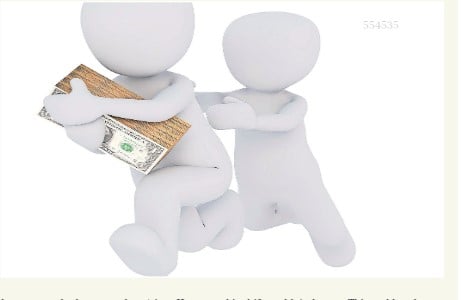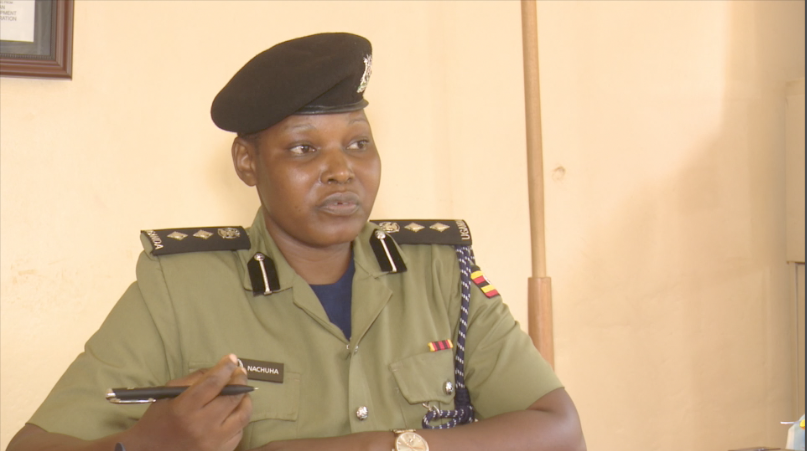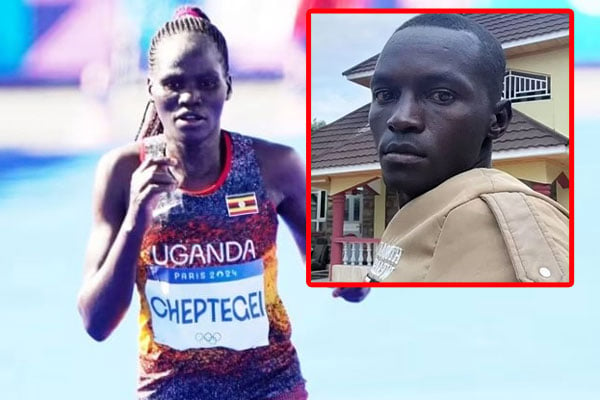Prime
How parties in Uganda’s hybrid regime can better serve the people

Norbert Mao
What you need to know:
- Some of the stories would make good reading in a novel. One such story was of an MP from an Opposition party who was in the toilet to receive a cash bounty for delivering the support of his parliamentary caucus.
Last week’s race for the Speaker of Parliament gave us a picture of the kind of Parliament Uganda will have over the next five years. Sticks were wielded and carrots were thrown around. Others made threats of marginalising certain constituencies politically in terms of social services. Stories of cash for votes continue to be told.
Some of the stories would make good reading in a novel. One such story was of an MP from an Opposition party who was in the toilet to receive a cash bounty for delivering the support of his parliamentary caucus.
The courier who brought the money had just handed him the money when another MP walked in. The MP had the money in his hands and as he fumbled to put the bundles in the breast pockets of his jacket, he missed the pockets and two bundles of Shs5 million each fell to the floor. He had to bend down to quickly retrieve the money.
The courier asked him in Luganda, “Honourable, ekintu okikutudde?” (Honourable, did you conclude the deal?) Statecraft has degenerated into crass commerce and politics has turned into an unscrupulous power game. Pink slips of erstwhile vocal oppositionists are showing!
Such stories abound. It is impossible to know which ones are true and which ones are figments of the fertile imaginations of those engaged in the filthiest mud-bath in our political history as Opposition parties smear each other with dirt.
The end game seems to be a holier than thou attitude where the parties strive to outdo each other to show the extent to which they find the ruling NRM repulsive. In that unhealthy competition, the Opposition parties that believe in a constructive engagement with the ruling party are denounced as traitors to the “struggle”! The truth, however, is that there are many back room dealings which show that those openly engaging in some dialogue are honest, while those denouncing them as “moles” are shameless hypocrites.
In the circumstances two question have to be asked. One, is whether our political parties have members who join out of conviction and are, therefore, capable of articulating a distinct agenda on behalf of their constituents.
The other question is: should rival political parties conduct themselves like disjoint sets with no intersection whatsoever? How can we reduce the cost of politics by putting some issues beyond the reach of majorities? In short, how can we build a new national consensus?
The first question can be answered by the conduct of political party members seeking elective office. Indisciplined opportunists have become so many in our meal card politics of seeking elective office for the sake of making money.
The second question is a matter of choice by political parties. As the Democratic Party, we believe that the biggest problem in young democracies like Uganda is the winner-take-all politics. Our policy regarding constructive engagement is simple: We believe that consensus-building is an essential part of nation-building.
Cooperation for the larger good of the nation has been a cornerstone of our approach as the Democratic Party. We denounce the politics of unwarranted confrontation and negativism. We believe that, in a multi-party democracy likes ours, constructive dialogue, consultation and cooperation between the ruling and Opposition parties is, not only desirable, but essential.
It has become all the more necessary since several major national issues confronting Uganda today cannot be effectively addressed without evolving a broad platform of national consensus.
We remain unapologetic about our policy of not practicing “political untouchability” vis-a-vis any party. In all issues of national importance where a national consensus is needed, we shall adopt a policy of dialogue and consultation with other political parties.
We are committed to building consultative mechanisms and procedures in Parliament, towards which the NRM and some of the parties in Opposition always adopt a casual or contemptuous attitude, and we shall actively seek the views, suggestions and, wherever feasible, participation of citizens and organisations outside the sphere of politics.




